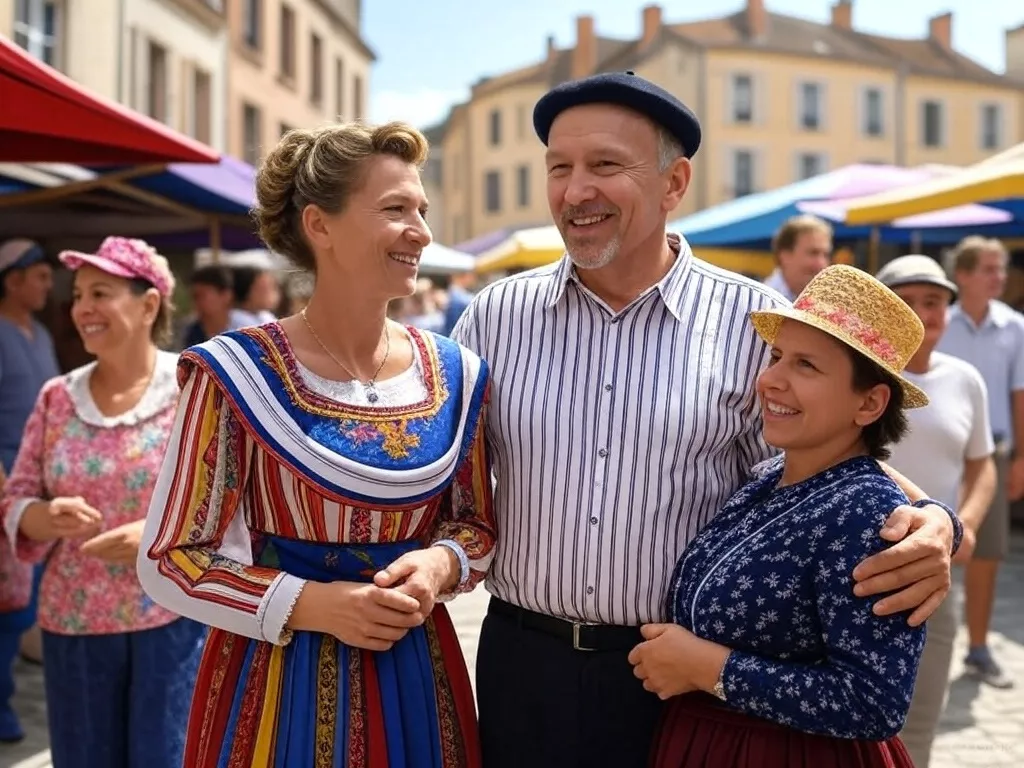
Introduction to French Language Immersion

French language immersion programs have become increasingly popular as people seek to enhance their language skills while immersing themselves in the rich culture of French-speaking countries. These programs are designed to provide learners with a deep understanding of the language through real-life experiences, cultural activities, and interactions with native speakers.
The Importance of Learning French

French is one of the most widely spoken languages in the world, with over 300 million speakers across five continents. It is not only an official language in 29 countries but also a working language in international organizations, including the United Nations and the European Union. Learning French opens doors to various opportunities in business, travel, and cultural exchange.
Cultural Aspects of French Immersion

Immersion in French culture goes beyond just language acquisition. It encompasses the exploration of French art, history, cuisine, and traditions. Understanding these cultural aspects enhances language learning and enables learners to communicate more effectively with native speakers.
Art and Literature

France has a rich artistic heritage, producing world-renowned artists such as Claude Monet, Edgar Degas, and Henri Matisse. Literature also plays a significant role in French culture, with authors like Victor Hugo, Marcel Proust, and Simone de Beauvoir shaping literary history. Engaging with French art and literature during immersion programs allows learners to appreciate the nuances of the language.
Culinary Delights

French cuisine is celebrated worldwide for its sophistication and variety. From classic dishes like coq au vin and ratatouille to exquisite pastries like macarons and éclairs, food is an integral part of French culture. Language immersion programs often include cooking classes, allowing participants to learn culinary vocabulary while enjoying the flavors of France.
Festivals and Traditions

France is known for its vibrant festivals and traditions, which provide a glimpse into the country's cultural richness. Events like Bastille Day, the Cannes Film Festival, and the Fête de la Musique celebrate French history and creativity. Participating in these celebrations during an immersion program fosters a deeper connection to the language and culture.
Practical Tips for Language Immersion

To maximize the benefits of language immersion, here are some practical tips:
- Engage with locals: Practice speaking with native speakers whenever possible.
- Consume French media: Watch French films, listen to French music, and read French books to enhance language skills.
- Participate in cultural activities: Join cooking classes, art workshops, or local festivals to immerse yourself in culture.
- Keep a language journal: Write daily reflections in French to improve writing skills and reinforce learning.
Conclusion
French language immersion offers a unique opportunity to not only learn the language but also to dive into the heart of French culture. By embracing the arts, cuisine, and traditions of France, learners can achieve a deeper understanding of the language and its context. Whether through formal programs or self-directed exploration, immersing oneself in the French language and culture is a rewarding journey that enriches both personal and professional life.